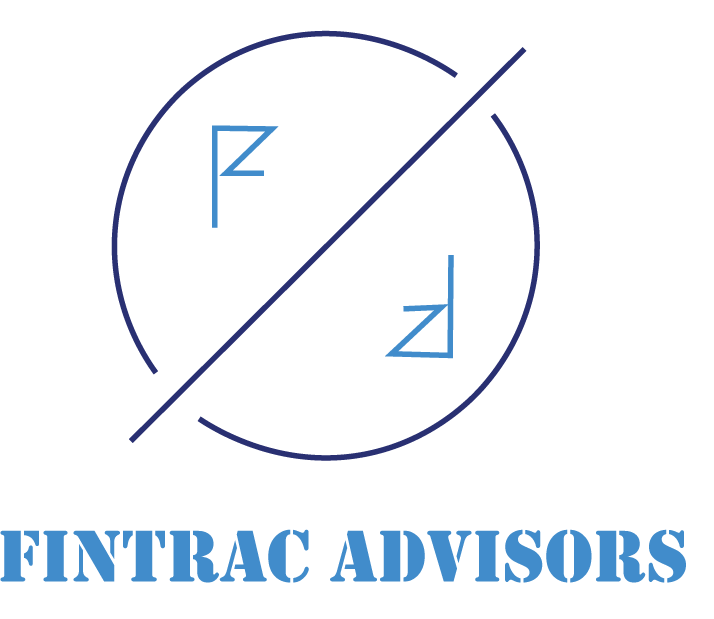Extended Producer Responsibility (EPR): A Sustainable Approach to Waste Management

Khusbu Agrawal
Khusbu Agrawal (the “Valuer”) is a Fellow Member of the Institute of Company Secretaries of India (ÏCSI) having membership No. F11833. The Valuer is registered with the Insolvency and Bankruptcy Board of India (Registration No. IBBI/RV/03/2021/14393) to undertake the Valuation of Securities and Financial Assets of the Companies. She has more than 8 years of experience in Corporate law, merger & acquisitions. She has also done LLB, Master’s in Commerce and Master’s in journalism & Mass Communication. Further, Ms. Khusbu Agrawal has done post qualification course i.e. Certificate Course on Intellectual Property Rights conducted by ICSI. She is a qualified Independent Director and Social Auditor.
Introduction
In a world facing an environmental crisis, waste management has become a crucial challenge. Countries across the globe are increasingly turning to Extended Producer Responsibility (EPR) as a solution. EPR is a policy framework that shifts the responsibility for waste disposal from consumers and governments to the producers of goods. This approach aims to reduce environmental damage by ensuring that companies take accountability for the end-of-life management of their products.
What is Extended Producer Responsibility (EPR)?
EPR is an environmental policy that places the onus on manufacturers, importers, and brand owners to manage the waste generated from their products. It mandates that producers oversee the collection, recycling, and proper disposal of their products once they reach the end of their life cycle. The primary objective of EPR is to encourage manufacturers to adopt sustainable production practices, reduce waste, and promote the use of recyclable materials.
Applicability
Registration Applicability: All producers falling within the scope of the E-Waste (Management) Rules 2022 must register on the designated portal. Even producers who obtained EPR authorization under the previous E-Waste (M) Rules 2016, whether through offline or online modes, must re-register on the portal. However, producers who have already applied through the existing portal are exempt from registration and will be issued a registration certificate by the CPCB.
The Need for EPR
The traditional waste management system relies heavily on municipalities and consumers for waste disposal, often leading to environmental degradation due to inadequate recycling infrastructure. Some key reasons why EPR is necessary include:
- Growing Waste Generation: With rapid industrialization and urbanization, waste production has increased dramatically, overwhelming existing waste management systems.
- Resource Conservation: Encouraging recycling and reuse reduces the depletion of natural resources.
- Environmental Protection: Proper disposal of hazardous waste, such as electronic and plastic waste, minimizes environmental pollution.
- Circular Economy Promotion: EPR supports a circular economy in which waste materials are reintegrated into production cycles rather than discarded.
Key Sectors Under EPR
EPR applies to various industries, including:
- Plastic Waste Management: Plastic pollution is a severe global concern. EPR mandates companies to recycle and manage plastic packaging waste effectively.
- Electronic Waste (E-Waste): The growing consumption of electronic devices results in substantial e-waste, necessitating structured recycling and disposal mechanisms.
- Battery Waste: Batteries contain toxic substances that can harm the environment if they are not disposed of properly. EPR programs ensure proper recycling of used batteries.
- Packaging Waste: Paper, metal, and glass packaging materials also fall under EPR regulations, encouraging sustainable packaging solutions.
How EPR Works
The implementation of EPR policies varies across countries, but the common mechanisms include:
- Take-Back Programs: Producers set up collection points where consumers can return used products for recycling.
- Deposit-Refund Systems: Consumers pay a refundable deposit when purchasing a product, which is refunded when the item is returned.
- Recycling Targets and Compliance: Governments set specific recycling targets, and companies must comply by recycling a certain percentage of waste.
- Eco-Design and Innovation: Encouraging manufacturers to design products that are easier to recycle and use fewer harmful materials.
Benefits of EPR
EPR offers multiple benefits, including:
- Reduction of Environmental Impact: By ensuring proper waste disposal, EPR minimizes landfill use, pollution, and greenhouse gas emissions.
- Promotes Sustainable Business Practices: Companies integrate eco-friendly practices into production, fostering innovation and sustainability.
- Creates Economic Opportunities: The recycling industry generates jobs and promotes the development of waste management enterprises.
- Encourages Consumer Participation: With structured waste collection mechanisms, consumers become more responsible and aware of their environmental impact.
Challenges in EPR Implementation
Despite its advantages, EPR faces several challenges:
- Lack of Awareness: Many businesses and consumers are unaware of their EPR responsibilities and obligations.
- High Implementation Costs: Setting up collection, recycling, and disposal infrastructure requires significant investment.
- Regulatory Compliance Issues: Monitoring and enforcing EPR regulations can be complex due to inadequate regulatory frameworks in some regions.
- Informal Recycling Sector: In many countries, a large informal waste sector exists, posing challenges to integration within formal EPR systems.
Global Examples of EPR
Several countries have successfully implemented EPR policies:
- European Union: The EU has stringent EPR laws under its Waste Electrical and Electronic Equipment (WEEE) Directive, Packaging Directive, and Battery Directive.
- Canada: Various provinces have different EPR programs covering electronics, plastics, and hazardous waste.
- India: The government has introduced EPR regulations for plastic waste, e-waste, and battery waste, requiring producers to meet recycling targets.
- Japan: Japan’s Home Appliance Recycling Law enforces manufacturers to collect and recycle used appliances efficiently.
The Future of EPR
With increasing environmental concerns and regulatory pressures, EPR is expected to evolve further. Governments are likely to impose stricter compliance requirements, while businesses will need to develop sustainable production methods. Advancements in artificial intelligence (AI) and blockchain technology may enhance waste tracking and transparency, making EPR more effective.
Conclusion
Extended Producer Responsibility represents a crucial step toward achieving sustainable waste management and advancing a circular economy. By holding manufacturers accountable for their products’ entire life cycle, EPR reduces environmental harm, promotes recycling, and encourages responsible consumer behavior. As more countries and industries adopt EPR, it will play a significant role in creating a cleaner, greener planet.
Governments, businesses, and consumers must collaborate to ensure the success of EPR. The sooner we embrace responsible production and consumption, the better our chances of preserving the environment for future generations.
Disclaimer
The content published on this blog is for informational purposes only. The opinions expressed here are solely those of the respective authors and do not necessarily reflect the views of Fintrac Advisors. No warranties are made regarding the completeness, reliability, or accuracy of this information. Any action taken based on the information presented in this blog is strictly at your own risk, and we will not be liable for any losses or damages resulting from its use. It is recommended that professional expertise be sought for such matters. External links on our blog may direct users to third-party sites beyond our control. We do not take responsibility for their nature, content, or availability.




